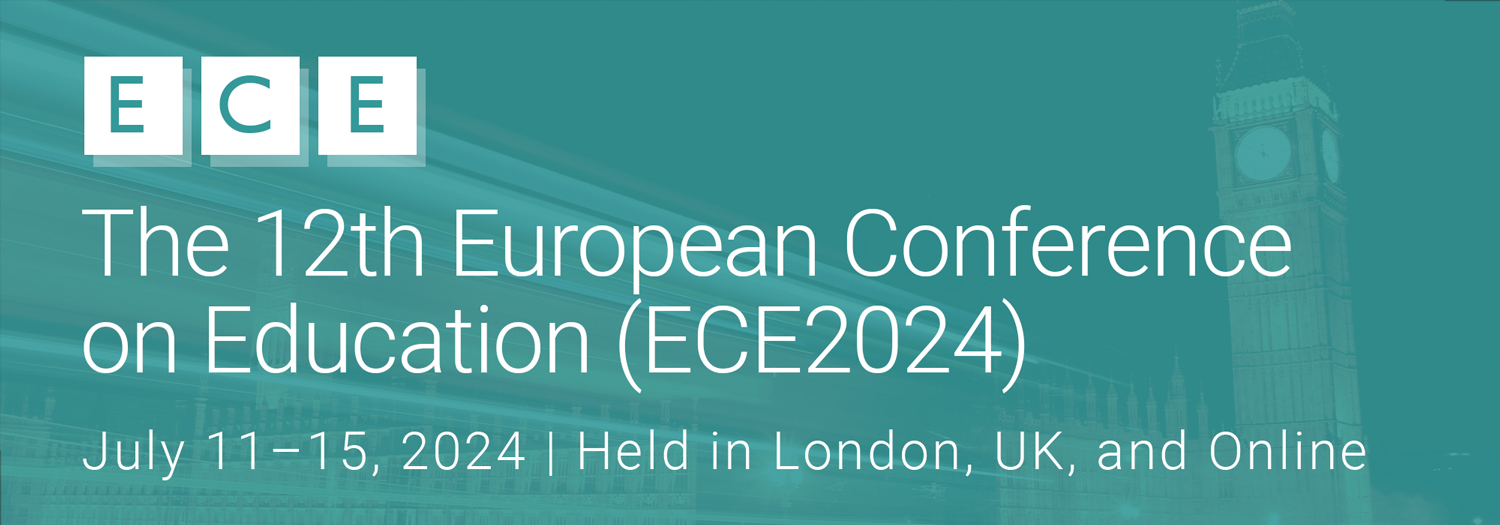Incorporating Blended Learning To Improve Reading in English Language as a Second Language in Lesotho (72477)
Session: On Demand
Room: Virtual Video Presentation
Presentation Type:Virtual Presentation
In Lesotho, a country with a diverse population with various languages spoken, and English as the official language used for instruction, learners often struggle with reading in English, due to limited resources. Also, Lesotho’s previous examination reports show that learners’ failure is unrelated to their lack of understanding of the subject content, but to their inability to read and comprehend given instructions. This could result from teachers employing traditional reading approaches, instead of incorporating modern educational technology platforms brought by the 21st-century paradigm shift. Consequently, it is mandatory for teachers to explore strategies to help learners manoeuvre successfully in a global community. Blended learning combines traditional face-to-face instruction with online resources promoting more interactive learning. This paper examines the incorporation of blended learning in Lesotho to improve reading skills in English as a second language. A quantitative quasi-experimental design was adopted, with a control group (n=20) receiving only traditional English language textbooks and an experimental group (n=20) receiving the same textbooks and blended learning instruction. The pre-test and post-test scores were analysed using SPSS software. The results showed that blended learning positively impacted reading abilities. The practical implications of this study for the education sector are significant, highlighting the need to develop a comprehensive blended learning curriculum, provide teacher training and support, and address infrastructure and technology needs. Thus, the authors conclude that blended learning in foreign language classes would facilitate learning processes, equip learners with skills needed to succeed in a global community; and improve overall academic performance.
Authors:
Nthatile Mphatsoane, The National University of Lesotho, Lesotho
Musa Adekunle Ayanwale, University of Johannesburg, South Africa
Puseletso Lebajoa, The National University of Lesotho, Lesotho
About the Presenter(s)
Musa Adekunle Ayanwale is a senior postdoctoral research fellow at UJ, South Africa. His research interests include test theories, psychometrics, generalizability theory-based reliability, structural modeling, and computerized adaptive testing.
Ms Nthatile Mphatsoane is a Masters Degree candidate at the National University of Lesotho, in the Department of Education in Applied Linguistics. Her research interests are on language pedagogy, bilingualism, and language and technology.
https://www.linkedin.com/in/nthatilemphatsoane/
Miss Puseletso Lebajoa, a Maters Degree candidate in the Department of Education. My research interests in the field of Applied Linguistics are Language and Technology, as well as Socio-linguistics.
https://www.linkiden.com/in/chrisielebajoa/
See this presentation on the full schedule – On Demand Schedule





Comments
Powered by WP LinkPress